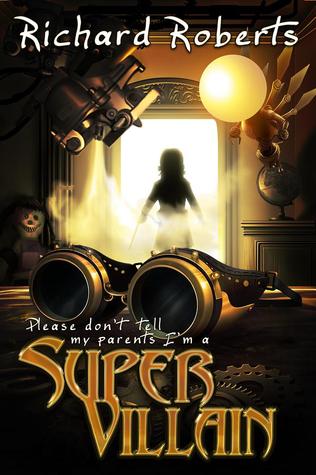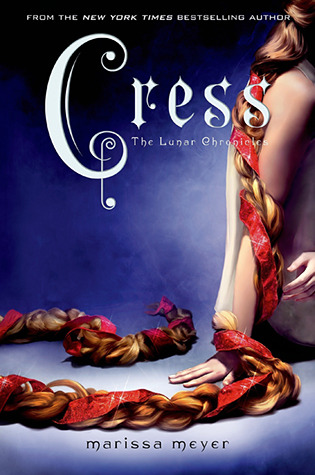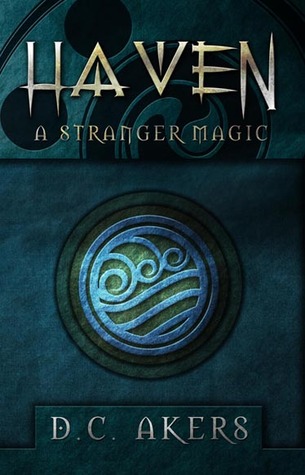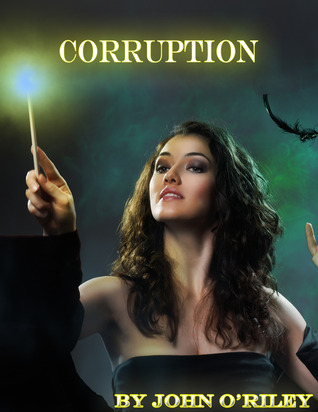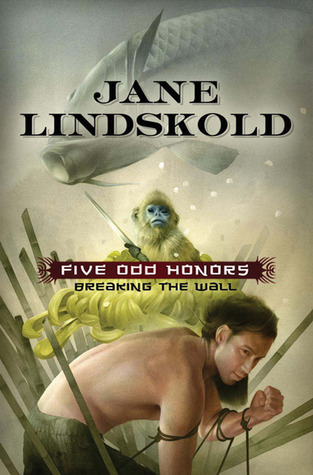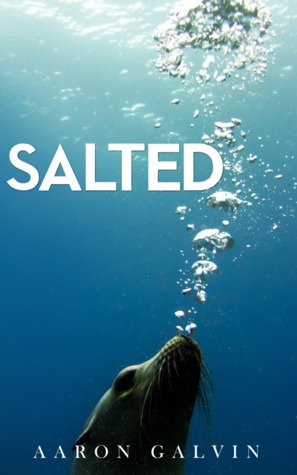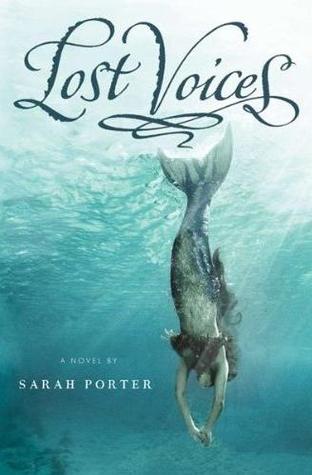Back cover copy, book blurbs, and book descriptions all function the same way: they offer an enticing preview of a book, and invite the reader to continue reading. A good writer can't always write a good pitch, and it's sometimes painful and tedious to trim down an entire novel into a paragraph or two. Even several drafts down the road, a writer may find themselves tweaking and reworking to get it 'just right'.
But what sets apart a good description from a bad one? While many would just peg 'editing' as the culprit, I feel it is a bit more complex than that. Good blurbs are simple, but descriptive: they let us in on the major plot, players, and conflict. Bad blurbs are wordy, vague, or overly verbose. Before sitting down and tediously checking for spelling errors, I think it's just as important to ensure the substance is already there.
Ingredient Number One: The Players
As a reader, one of the first things I look for in the book blurb is who's the main character. When I pick up a book, I am investing in this person to be my companion. I want to make sure we can get along! Are they a know it all? Are they timid? Are they ready for this adventure or did they just get thrown into it? Knowing who a character is ahead of time tells me what to watch out for.
Bad descriptions don't let the reader know who their companions are. A reader has to turn the page and find out for themselves. Often this leaders to disappointment, and it can result in a negative attitude towards the book as a whole. Readers don't like to be mislead.
Ingredient Number Two: The Plot
Another simple aspect of the blurb is simply, what's happening? I want to know if this is a story I'd like to hear. Is this a quest? Is it a romance? Good descriptions serve as a road map so the reader orient themselves in a story. If you write your plot well, it can actually serve an additional purpose and guide your reader through elements like slow beginnings or side plots. If the reader knows what they're waiting for, it buys some wiggle room.
Ingredient Number Three: The Conflict
The conflict in a description can serve as the hook for your blurb. What is exciting? What would make someone want to read this? A murder? A kidnapping? A mystery? Sometimes, the main conflict is shown only in a brief, tantalizing taste. You can even use part of this in your tagline. However you manage, get the reader hooked.
Mixing it up: Be Concise
When writing your back cover, don't get carried away. Imagine an elevator pitch—they call it that for a reason. If you're traveling up an elevator, and you are 5 floors away from your destination, how would you quickly entice the person next to you about your story? Readers have a limited window of time, and if you don't catch them fast, you won't catch them at all.
I get at least three review requests from the time I go to bed, to the time I wake up in the morning. I sit down with my cup of tea and read through my e-mails, and the blurbs I hate are the ones that run on. If you can't summarize your plot in two paragraphs, you probably have a problem. Don't risk boring your reviewer before they can open your book. Know when to step away.
Getting Personal
I had a story I fought for months trying to describe. I couldn't fit it into a blurb, no matter how I worked it. By the end, I realized that I couldn't describe the plot because I didn't know what it was myself. It brought me back to a series of revision that cut out at least 40 pages of text that was honestly, unnecessary. It was difficult, but I realized I couldn't justify why it was there in the first place.
Your blurb is a challenge to yourself to defend your work, but you need to know the story well enough to summarize. Nothing should feel so important it hurts the story as a whole. That chunk of text may sound great now, but in the long run, is it doing more harm than good? You need to weigh each word you put into a blurb the same way you weigh each word you put into the novel.
I had the pleasure of sitting next to an author at a convention one year. They had written more books than years I'd been alive. We chatted and talked, and somehow my own work came up. He challenged me to describe it to him, and I won't lie: I flopped. My long-winded, mess of an explanation was painful, but there was a challenge underlying it. By trying to present myself to someone so experienced, I had to rethink. What was the story I was really trying to tell? And now, I pass on that challenge to you.
What is the story you're really trying to tell?
Focus on that, and everything else will gradually fall into place.








